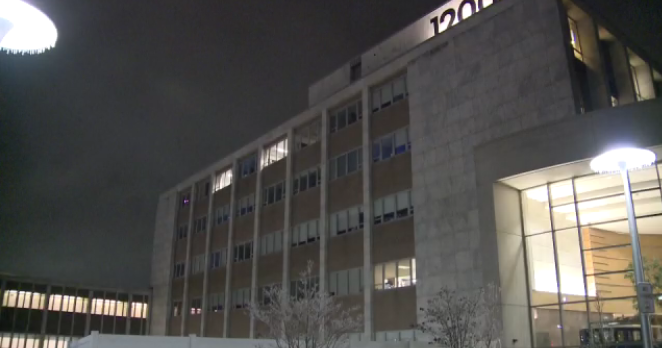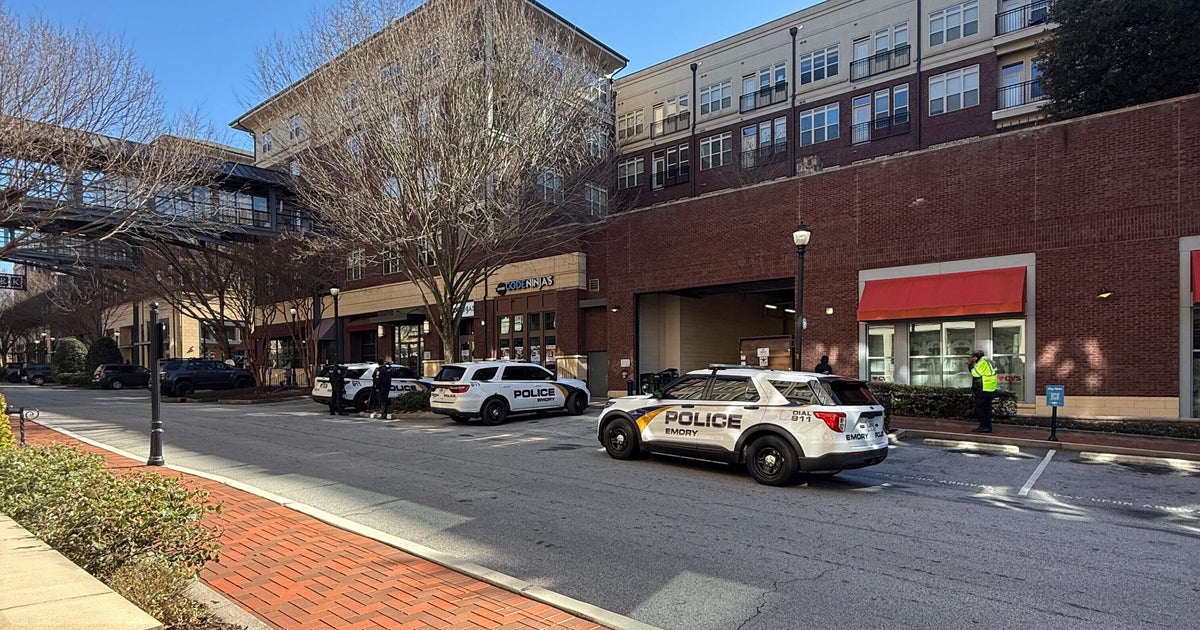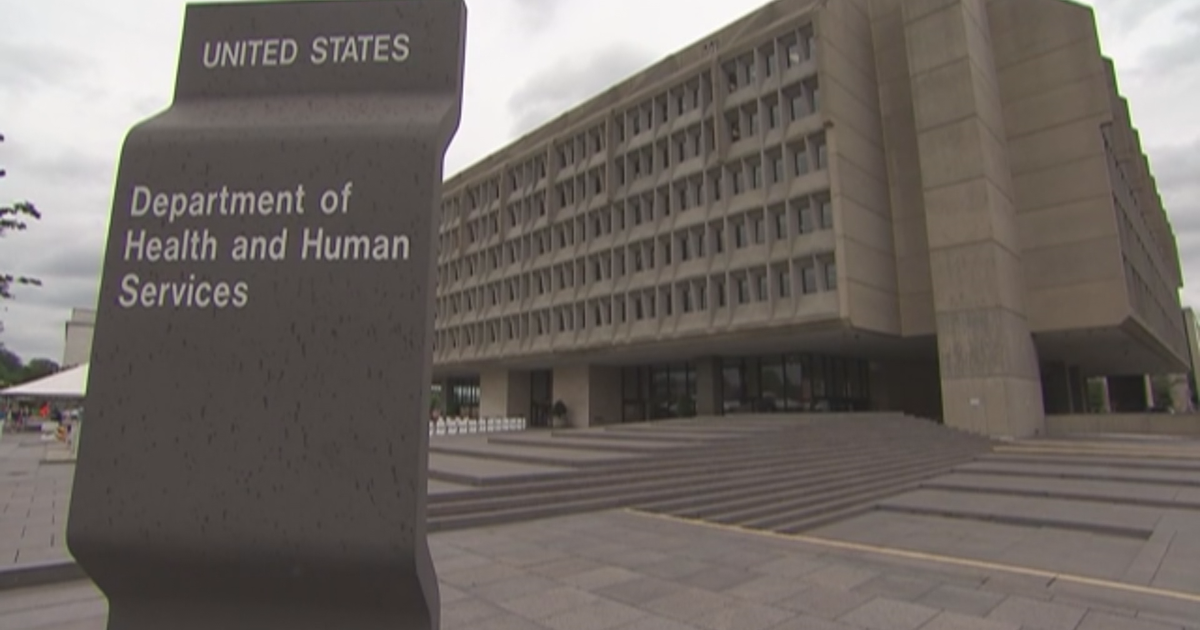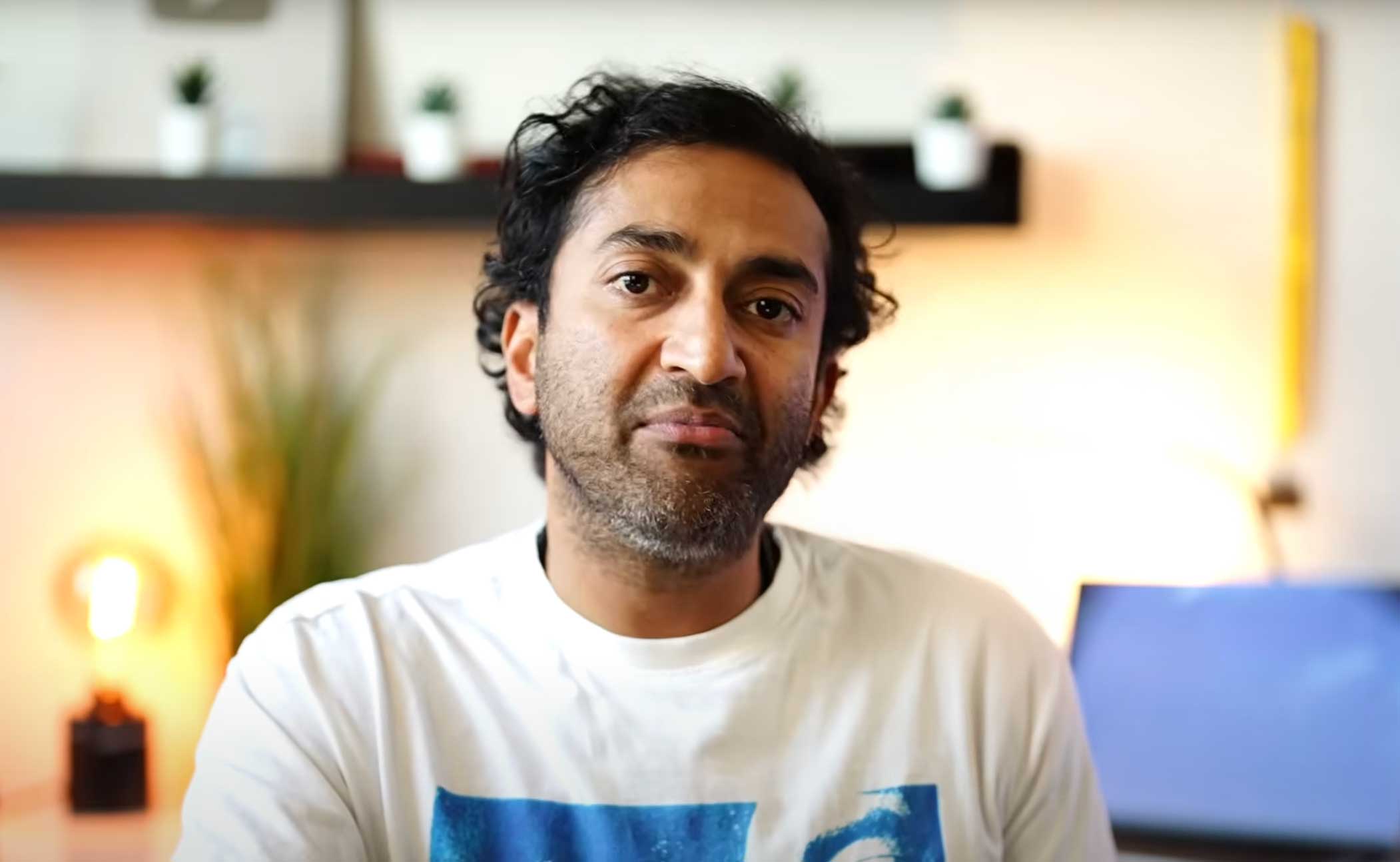CDC recommends Novavax COVID vaccine after unanimous vote
A panel of the Centers for Disease Control and Prevention's outside vaccine advisers voted unanimously on Tuesday to recommend use of Novavax's COVID-19 vaccine. Now, the CDC says it has formally adopted the vote by the Advisory Committee on Immunization Practices, officially clearing a fourth option for unvaccinated adults.
"Today, we have expanded the options available to adults in the U.S. by recommending another safe and effective COVID-19 vaccine. If you have been waiting for a COVID-19 vaccine built on a different technology than those previously available, now is the time to join the millions of Americans who have been vaccinated," CDC Director Dr. Rochelle Walensky said in a statement.
The recommendation comes a week after the Food and Drug Administration authorized Novavax's vaccine for emergency use as a new option for unvaccinated adults. Around 1 in 10 Americans aged 18 and older have yet to receive at least one dose of COVID-19 vaccine, according to the CDC's figures.
Some of those Americans might be persuaded to get vaccinated with Novavax's shots, the company's chief medical officer Dr. Filip Dubovsky told the CDC's advisers on Tuesday.
"Our vaccine is based on a platform that is well-understood. Recombinant protein vaccines have been used globally for decades and this may be important especially for those who are vaccine hesitant," Dubovsky told the panel.
CDC survey data presented to the advisers found that 16% of unvaccinated respondents "probably" or "definitely" would get a protein-based vaccine like Novavax. Fifty-two percent said they "probably" or "definitely" would not get the vaccine.
"Today is another step forward in our nation's fight against the virus," President Biden said Tuesday in a statement. "Following an independent scientific review by the Food and Drug Administration last week and today by the Centers for Disease Control and Prevention, Novavax's protein-based COVID-19 vaccine for adults has been authorized. We now have four safe and effective COVID-19 vaccines available to protect Americans against serious illness, hospitalizations, and death."
Typically vaccinations can begin once Walensky formally signs off on the committee's recommendations. The Biden administration announced last week that it would make 3.2 million doses available for states to order.
However, it's unclear when all 3.2 million doses will be distributed and how the earliest supplies will be split up. Novavax said on Tuesday that the first lot of its vaccine had cleared quality testing and will be shipped for distribution to the U.S. government "in the coming days." The CDC said in a statement that the vaccine "will be available in the coming weeks."
A spokesperson for the Department of Health and Human Services did not respond to a request for comment.
In rollouts for other brands, providers had already begun receiving shipments after the FDA granted its authorization, though vaccinators had to wait for the CDC's green light to begin shots.
Novavax's shot works by giving the immune system a piece of the virus grown in insect cells and mixed with an ingredient – called an adjuvant – derived from tree bark that aims to boost its effectiveness in the body.
The mRNA vaccines that are already available work by providing cells with a blueprint to create spike proteins to trigger an immune response from the body. Novavax, on the other hand, includes the proteins in its vaccine.
Novavax's approach is part of why the company thinks its vaccine also appears to trigger fewer side effects compared to the shots from Pfizer-BioNTech and Moderna. For example, Novavax's Lisa Dunkle told the panel that it "was extremely rare, in contrast to some other vaccines" to see fever in their trials.
However, like the mRNA shots, Novavax's vaccine will carry a warning about the risk of rare heart inflammation side effects called myocarditis and pericarditis.
The CDC told the panel it will publish recommendations allowing for Americans getting Novavax's shots to space out their first two shots by up to 8 weeks, similar to their guidance for mRNA vaccines, which may cut the risk of myocarditis as well as boost vaccine effectiveness.
The agency will also generally recommend that Americans wait to avoid getting these shots within four weeks of an orthopoxvirus vaccine, which also carries a potential risk of myocarditis. However, the CDC said the delay would not apply to people who were being offered the Jynneos or ACAM2000 shots to combat the growing monkeypox outbreak.
"This is because the benefit of administering an orthopoxvirus vaccine as soon as possible, when indicated for prophylaxis, outweighs the possible risk of myocarditis by administering them too close together," the CDC's Elisha Hall told the panel.
In clinical trials conducted before the Omicron variant, Novavax was found to have 90.4% efficacy in preventing any symptomatic COVID-19 infections and as much as 100% efficacy against moderate-to-severe disease.
Novavax is also studying potential versions of its vaccine that could work as boosters adapted for the Omicron variant. Like the mRNA shots, Novavax said data suggests antibodies from its vaccine declined after six months.
However, the company presented data to the CDC's advisers that it said suggested its current formulation of vaccine might also be highly effective – after a booster dose – to protect against the BA.5 subvariant of Omicron which now makes up more than three in four new infections in the current wave nationwide.
"As we immunize with additional doses of our recombinant spike protein vaccine, we minimize antigenic distance and begin to observe a more universal-like response against variants," Dubovsky said.





